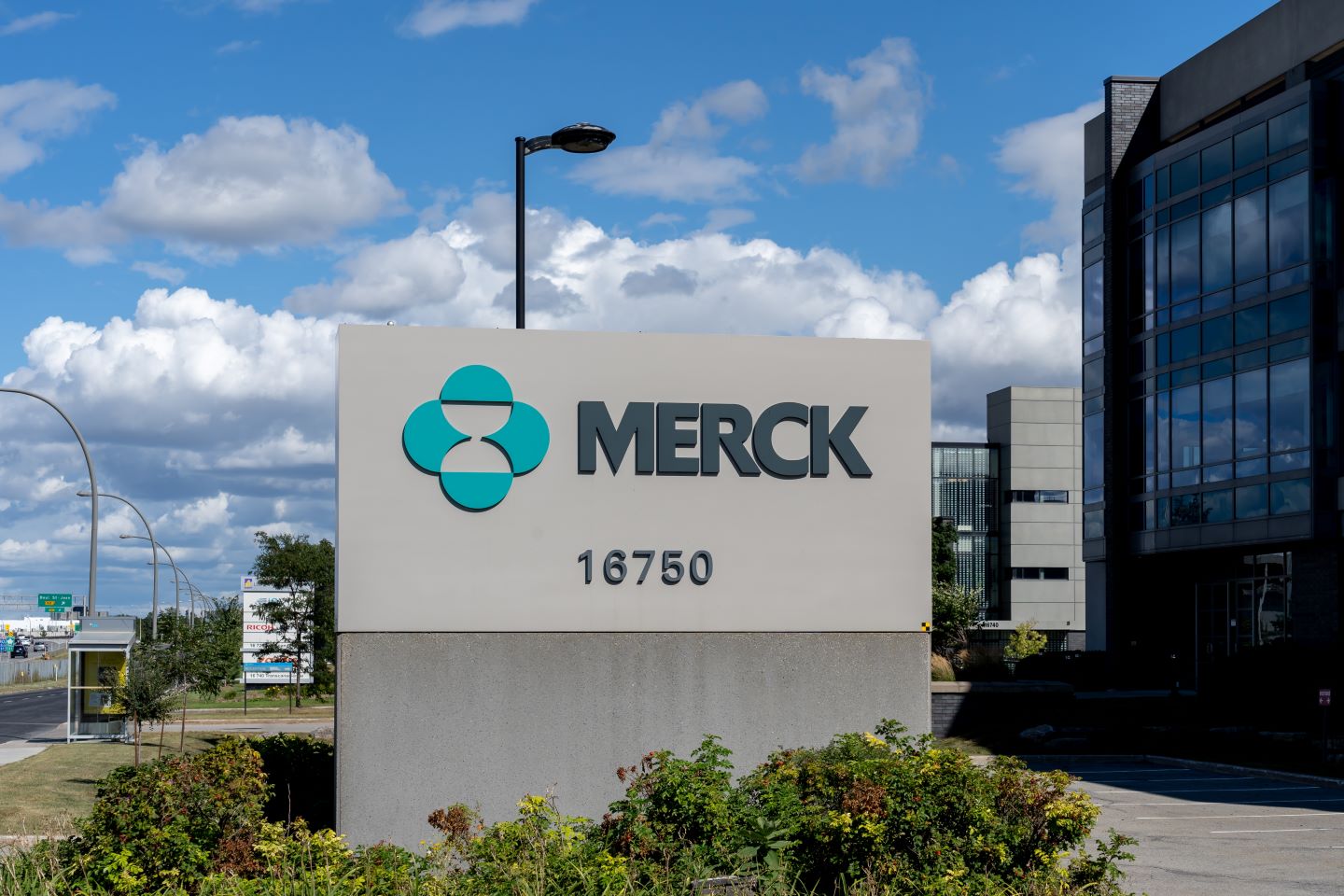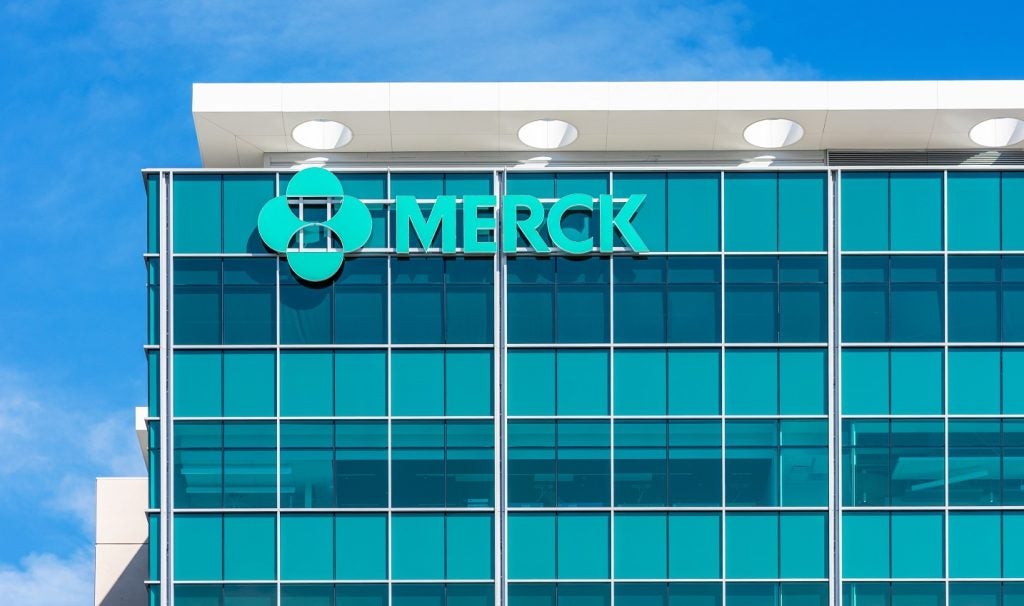
At the recent JP Morgan Healthcare conference, MSD indicated its eagerness to continue to establish its place in the immunological space. While speaking with Endpoint News, the head of global clinical development and chief medical officer Dr Eliav Barr discussed MSD’s outlook and willingness to pursue additional opportunities in the sector. “We’re always open to deal if the science is really good, and we’ll be looking for those immunology opportunities that we think can complement or add a new facet to things,” he said.
In addition to establishing MSD’s intent not to sit on the sidelines following its inroads into immunology with last year’s $10.8bn acquisition of Prometheus Biosciences, Dr Barr also laid out the company’s goal to transform how disease is treated in the sector. Speaking on the Prometheus deal, Dr Barr spoke of a treatment paradigm shift utilising “a proper assessment of biological markers, of combinations, of segmented patients by specific markers,” stepping away from the current try-and-see “serial single therapies” model. This approach will be a significant change within the sector, allowing MSD to establish a strong position in inflammatory bowel disease (IBD) and immunology in general.
The significance of Dr Barr’s statements reflects the relative strength of MSD’s entry in the tumour necrosis factor (TNF)-like cytokine 1A (TL1A) drug class versus its competitors. Where Roche and Sanofi focused on acquiring their respective TL1A assets, MSD received additional tools and a biomarker library, which could allow the company to achieve its desired changes within immunology. Acquiring Prometheus has allowed MSD stronger positioning in the sector, with access to a “biomarker selection strategy, [a biomarker] annotated database, and a lot of early clinical and preclinical candidates,” said Dr Barr. It should also be noted that MSD, through its actions in immunology, diversifies its holdings away from its established standing in cancer, which also allows the company to utilise its “oncology knowledge and bring that in to create a new approach” to IBD, Dr Barr said.







Related Company Profiles
Merck & Co Inc
JPMorgan Chase & Co
Roche Diagnostics International Ltd
Sanofi